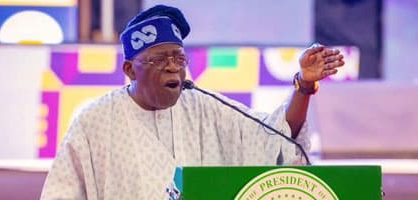In a move to address growing economic challenges and impending nationwide protests, the Federal Government of Nigeria has unveiled a significant budget allocation of N610 billion. This allocation is primarily intended for two key initiatives: temporary wage awards to federal civil servants and a conditional cash transfer program aimed at assisting vulnerable individuals and households.
According to documents reviewed by BizwatchNigeria, the proposed supplementary budget for Ministries, Departments, and Agencies (MDAs) outlines the allocation of funds for these crucial programs. Approximately N210 billion will be dedicated to the wage award, covering a four-month period. Meanwhile, a substantial N400 billion is earmarked for the conditional cash transfer program.
The decision to introduce these measures stems from President Tinubu’s Independence Day address to the nation. Initially, he announced an N25,000 wage award for “low-grade workers” within the federal civil service as a preemptive measure to counter nationwide protests being planned by organized labor unions across the country.
However, following negotiations with labor unions, the wage award was increased to N35,000 and extended to include all cadres of workers in the federal civil service.
Additionally, the Ministry of Humanitarian Affairs and Poverty Alleviation has taken proactive steps to address rising poverty levels and provide assistance to the most vulnerable segments of the Nigerian population. This effort comes in the wake of the removal of fuel subsidies and record-level inflation.
In October, the ministry initiated a conditional cash transfer program designed to distribute N25,000 to 15 million households over three months. Furthermore, the ministry is gearing up to launch the N75 billion “Iyaloja” fund, a financial program that will provide interest-free loans of up to N50,000 to market women across all 109 senatorial districts in the country. The Minister of Humanitarian Affairs and Poverty Alleviation has confirmed that this program is set to commence in November.
The decision to allocate these substantial funds is rooted in the economic challenges facing Nigeria, including the removal of fuel subsidies and other reforms implemented by President Tinubu. These reforms have pushed the country’s inflation rate to unprecedented levels, with the World Bank estimating that around 7 million Nigerians could fall into poverty as a result of the fuel subsidy removal.
To counteract this scenario, the former President Buhari administration had previously secured an $800 million World Bank facility to support cash transfers to impoverished Nigerians. The new initiatives reflect the government’s ongoing commitment to mitigating the economic impact of recent changes and addressing the needs of the nation’s most vulnerable citizens.













